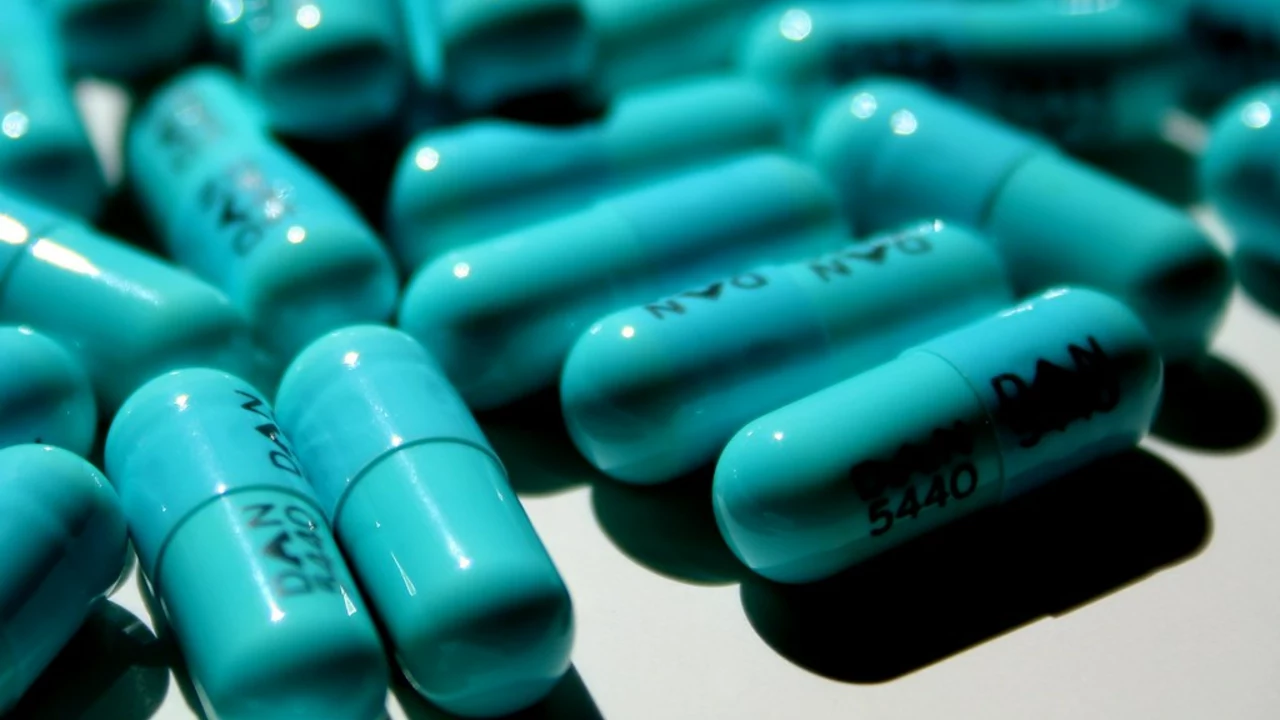Got a case of cholera or worried someone might have it? The good news is that most people get better if you act fast with the right fluids and medicine. Below we break down what you need to do, from simple home tricks to the meds doctors prescribe.
The number one thing in cholera care is replacing lost water and salts. Diarrhea can dump out up to a liter of fluid every hour, so oral rehydration solution (ORS) is essential. You can buy pre‑mixed packets at pharmacies or make your own: dissolve six teaspoons of sugar and half a teaspoon of salt in one litre of clean water. Give small sips every few minutes – about 50 ml for kids and 100 ml for adults – until the person stops vomiting.
If the patient can’t keep fluids down, or if they’re showing signs of severe dehydration (dry mouth, low blood pressure, rapid pulse), head to a clinic for intravenous (IV) fluids. Normal saline or Ringer’s lactate are standard choices and will quickly restore blood volume.
Antibiotics don’t cure cholera, but they cut down the amount of bacteria you shed and shorten the illness by a day or two. The World Health Organization recommends a single dose of doxycycline for adults (300 mg) and children over eight years old. For pregnant women, azithromycin 1 g is safer, while younger kids can get erythromycin or a second‑line drug like ciprofloxacin if resistance is an issue.
Always follow the prescription exactly – don’t stop early even if you feel better. Taking the full course helps prevent resistant strains from spreading.
If you notice any of these signs, call emergency services or go straight to a hospital:
These symptoms mean dehydration is getting serious and needs professional care.
Cholera spreads through contaminated water and food. Boil or filter drinking water, use chlorine tablets where possible, and wash hands with soap after using the toilet. Cook seafood thoroughly and avoid raw produce if you’re unsure about sanitation.
Vaccines are also available in many countries. A two‑dose oral cholera vaccine can give up to five years of protection – great for travelers or people living in high‑risk areas.
Bottom line: act fast, rehydrate aggressively, and add the right antibiotic if a doctor prescribes one. With these steps you’ll give your body the best chance to bounce back quickly. Need more details on specific meds or dosage charts? Now‑RX has easy‑to‑read guides for each drug mentioned here.

In my recent research, I discovered that Tetracycline is a widely accepted medication for the treatment of cholera. This antibiotic works by inhibiting the growth of bacteria, effectively halting the spread of the cholera infection in the body. What's fascinating is that it can drastically reduce the severity and duration of cholera symptoms when administered promptly. However, it's crucial to note that it's not a standalone solution - rehydration remains a key aspect of cholera treatment. So, while Tetracycline is a powerful ally in the fight against cholera, it must be paired with proper hydration to ensure a full recovery.
View more